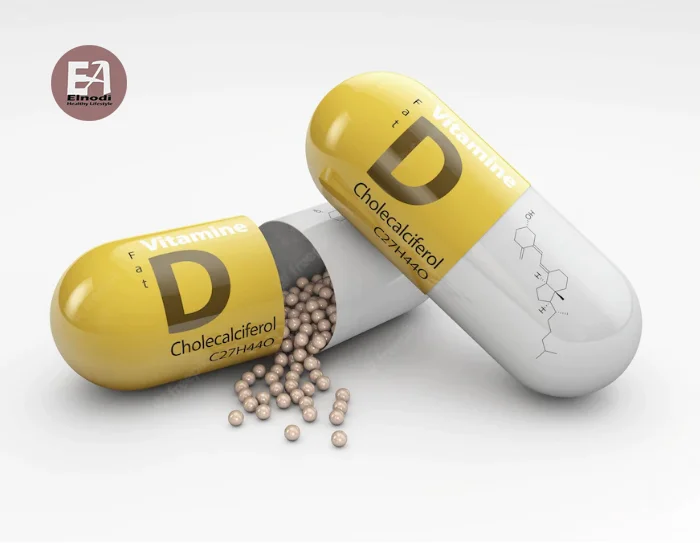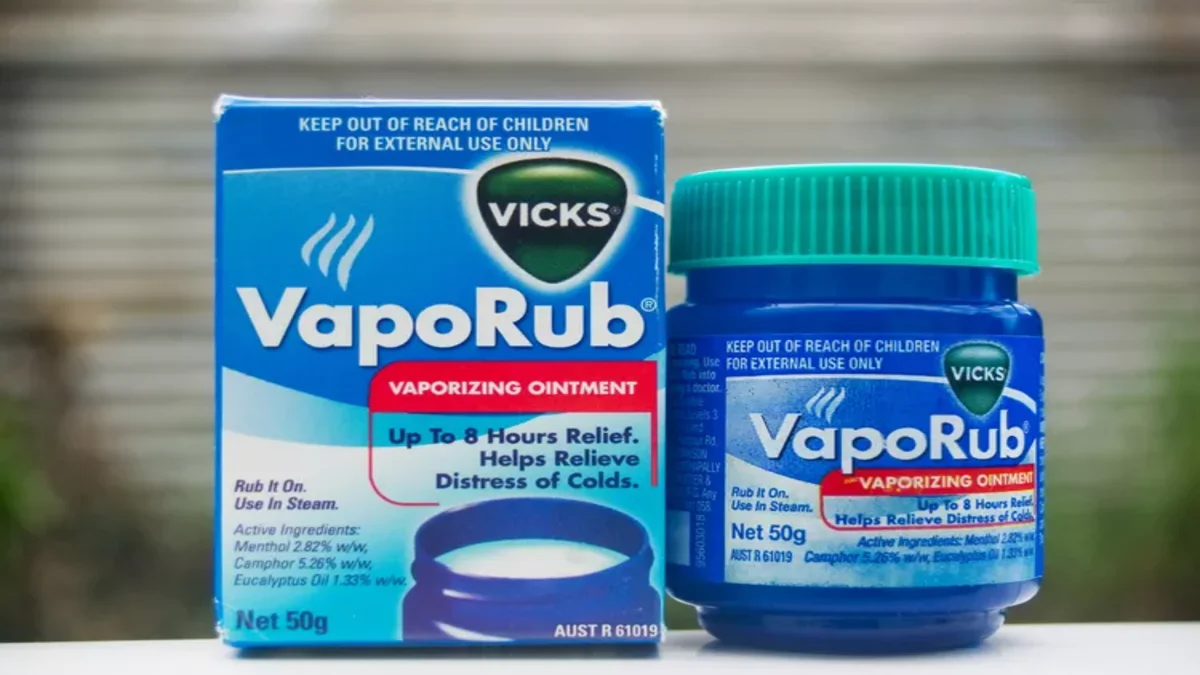Discover effective natural ways to get testosterone levels without resorting to synthetic options. Explore lifestyle changes, dietary choices, and holistic approaches that support your body’s natural testosterone production. Unlock the secrets to enhanced vitality and well-being through these proven methods for increasing testosterone naturally.”
Testosterone is a hormone that plays a major role in sexual development and male metabolism. Low levels can lead to reduced vitality, loss of muscle mass, and a decrease in bone density. Symptoms of low testosterone are often Mild to Moderate: poor erections, decreased sex drive, fatigue, diminished performance in activities requiring strength or agility, depression, etc. Though there are pharmaceuticals available to boost testosterone levels, most people turn to complementary methods to increase their testosterone levels naturally.
Key factors for natural ways to get testosterone
1. Exercise regularly

Regular exercise is one of the most efficient strategies to naturally increase testosterone levels. Research has indicated that guys who regularly work out have higher testosterone levels than sedentary males. Weightlifting and other resistance training are very good at raising testosterone levels.
The best type of exercise for boosting testosterone is a combination of strength training and high-intensity interval training (HIIT). Strength training helps to build muscle mass, while HIIT helps to reduce stress and improve insulin sensitivity, which can also lead to higher testosterone levels.
2. Get enough sleep

Getting enough sleep is important for overall health, but it’s also important for testosterone production.
Why is testosterone production dependent on sleep?
Sleep is essential for testosterone production because it is during sleep that the body releases luteinizing hormone (LH). The hormone called LH causes the testes to release more testosterone. When you don’t get enough sleep, your LH levels drop, which can lead to lower testosterone levels.
How much sleep do you need to boost testosterone?
Adults typically require 7-8 hours of sleep every night. However, based on their unique demands, some people can require more or less sleep. See your doctor if you’re unsure of how much sleep you require.
The following advice can help you have a restful night’s sleep:
- Create a regular sleep routine and try your best to follow it, especially on the weekends.
- Establish a calming evening ritual. This can be reading a book, having a warm bath, or listening to relaxing music.
- Ascertain that your bedroom is cool, quiet, and dark.
- Avert alcohol and caffeine right before bed.
- Exercise on a regular basis, but try not to work out right before bed.
3. Eat a healthy diet
In addition to being beneficial for general health, eating a balanced, healthful diet can raise testosterone levels.
What foods boost testosterone?
A number of foods have been shown to boost testosterone levels, including:
- Omega-3 fatty acids, which are abundant in fatty fish like mackerel, tuna, and salmon, have been demonstrated to raise testosterone levels.
- Cruciferous vegetables: Cruciferous vegetables, such as broccoli, cauliflower, and Brussels sprouts, contain compounds that can help to block the conversion of testosterone to estrogen.
- Eggs: Eggs are a good source of protein and vitamin D, both of which are important for testosterone production.
- Vitamin D-rich foods: Other foods that are rich in vitamin D include milk, yogurt, cheese, and fortified cereals.
- Oysters: Oysters are a good source of zinc, which is essential for testosterone production.
How to eat a healthy diet to boost testosterone?
In addition to eating the foods listed above, Other than following a nutritious diet, there are several other ways to raise your testosterone levels:
- Eat plenty of protein: Protein is essential for muscle growth and repair, and it also plays a role in testosterone production. Aim for a daily intake of 0.8 grams of protein per kilogram of body weight when eating nothing at all.
- Eat healthy fats: Healthy fats, such as those found in olive oil, avocado, and nuts, can help to improve insulin sensitivity and reduce inflammation, both of which can lead to higher testosterone levels.
- Limit saturated and unhealthy fats: Saturated and unhealthy fats can raise cholesterol levels and promote inflammation, both of which can lower testosterone levels.
- Consume a diet rich in fruits and vegetables since they are excellent providers of vitamins, minerals, and antioxidants, all of which are critical for optimum health and well-being. Try to eat five servings or more of fruits and vegetables each day.
- Limit sugar and processed foods: Sugar and processed foods can lead to weight gain and insulin resistance, both of which can lower testosterone levels.
| foods that consist with | Avoidable foods |
|---|---|
| o Green tea o Multicolored fruits and vegetables o Nuts, especially Brazil nuts, which are high in selenium—two a day is recommended. plenty) o Fiber (accounting for consumption of fruits and veggies) o One tablespoon of ground flaxseed per day o Soy products (soy milk instead of cow’s milk) | o Excessive sugar o Excessive caffeine o Animal fats found in red meat and other sources o Excessive dairy products o Food dyes o Processed foods |
4. Reduce stress
Testosterone levels may be adversely affected by ongoing stress. Your body releases cortisol during times of stress, which might hinder the creation of testosterone. Try deep breathing exercises, yoga, meditation, or other stress-reduction techniques.
How stress affects testosterone levels
Cortisol, which is released during stress, has the ability to reduce the production of testosterone. Your body switches into “fight or flight” mode when you’re under stress, which takes resources away from non-essential processes like testosterone production.
How to reduce stress to boost testosterone
- Take a go outside. It has been demonstrated that time spent in nature lowers stress and elevates mood. Even if it’s simply for a stroll in the park, make an effort to spend at least half an hour outside each day.
- Practice calming methods. Numerous relaxation methods, including yoga, meditation, and deep breathing, can aid in stress reduction.
5. Consume organic supplements.
A number of all-natural products are available to assist in raising testosterone levels. Among the most well-liked supplements are fenugreek, Tribulus terrestris, and DHEA.
To be sure supplements are safe and beneficial for you, it’s crucial to see your doctor before taking any.
What natural supplements can boost testosterone levels?
A number of natural supplements have been shown to boost testosterone levels, including:
- Ashwagandha: Ashwagandha is an adaptogenic herb that can help to reduce stress and improve testosterone levels.
- Vitamin D: Vitamin D is essential for testosterone production. Getting enough sunlight or taking a vitamin D supplement can help to boost testosterone levels.
- Zinc: Zinc is another mineral that is essential for testosterone production. Taking a zinc supplement can help boost testosterone levels, especially in men who are zinc deficient.
- Tribulus terrestris: Tribulus terrestris is a herb that has been shown to increase testosterone levels in men and animals.
- DHEA: DHEA is a hormone that is converted to testosterone in the body. Taking a DHEA supplement can help to boost testosterone levels in men over the age of 40.
How to take natural supplements to boost testosterone
Consult your physician before using any natural supplements, particularly if you have any underlying medical concerns. Once you have talked to your doctor and they have given you the green light to take natural supplements to boost testosterone, there are some considerations that you should make.:
- Gradually raise the dosage from a low starting point over time.
- In order to prevent upset stomachs, take the vitamins with meals.
- Water is your best beverage throughout the day.
- Have patience. The time it takes to see the effects could be weeks or months.
6. Maintain a healthy weight
Testosterone levels can be adversely affected by obesity or being overweight. Raising testosterone levels can be facilitated by weight loss achieved through a balanced diet and consistent exercise. Aim for a body mass index (BMI) in the 18.5–24.9 healthy range.
7. Consume lots of vitamin D.

In addition to being crucial for general health, vitamin D has been demonstrated to raise testosterone levels. If you don’t get enough vitamin D from sunshine, take a supplement or spend time outside in the sun to assist your body in naturally making it.
How testosterone levels are impacted by vitamin D?
Luteinizing hormone, or LH, is a hormone that increases the production of testosterone in the testes and is produced in part by vitamin D. When vitamin D levels are low, LH levels can also drop, leading to lower testosterone levels.
How to get enough vitamin D to boost testosterone
Getting enough vitamin D is best achieved through sun exposure. The sun’s ultraviolet B (UVB) rays convert a cholesterol-like compound in the skin into vitamin D3. It is crucial to remember that excessive sun exposure raises the chance of developing skin cancer.
Additional sources of vitamin D include:
- Eating vitamin D-rich foods, such as fatty fish (salmon, tuna, mackerel), eggs, fortified milk, and yogurt
- Taking a supplemental vitamin D
How much vitamin D do you need to boost testosterone?
An adult’s recommended daily dosage of vitamin D is 600 IU. However, some people could require more vitamin D than others, particularly those with specific medical disorders or those who don’t get enough sun exposure.
Speak with your doctor if you have concerns about your vitamin D levels. If necessary, they can test your levels of vitamin D and suggest a supplement.
conclusion
Male testosterone levels peak at 19 years of age and naturally fall with age. They fall by an average of 1%-2% per year beyond the age of 30, while they may stabilize in your 40s or later.
This decline is concerning because significant evidence links low testosterone to obesity, increased illness risk, and untimely death.
People allocated to the female gender at birth also require healthy levels of other essential hormones, such as progesterone and estrogen.
Following a nutritious diet and a healthy lifestyle, as suggested by some of the above guidelines, can help optimize testosterone levels and enhance overall health.
FAQs
How can I quickly increase my testosterone?
How can I fix low testosterone fast?
– REMAIN AT YOUR PERFECT WEIGHT.
– Prevent the onset of diabetes.
– WORK OUT.
– RELAX WELL.
– AVOID GOODS CONTAINERY.
– steer clear of excess alcohol.
– Steer clear of opioid painkillers.
How to lose fat and increase testosterone?
How much does magnesium help with testosterone levels?
References
1. Riachy, R., McKinney, K., & Tuvdendorj, D. R. (2020). Various factors may modulate the effect of exercise on testosterone levels in men. Journal of Functional Morphology and Kinesiology, 5(4), 81.
2. Wittert, G. (2014). The relationship between sleep disorders and testosterone in men. Asian journal of andrology, 16(2), 262.
3. Kurniawan, A. L., Hsu, C. Y., Chao, J. C., Paramastri, R., Lee, H. A., Lai, P. C., … & Wu, S. F. V. (2021). Association of testosterone-related dietary pattern with testicular function among adult men: A cross-sectional health screening study in Taiwan. Nutrients, 13(1), 259.
4. Hidayatik, N., Purnomo, A., Fikri, F., & Purnama, M. T. E. (2021). Amelioration of oxidative stress, testosterone, and cortisol levels after administration of Vitamins C and E in albino rats with chronic variable stress. Veterinary World, 14(1), 137.
5. Balasubramanian, A., Thirumavalavan, N., Srivatsav, A., Yu, J., Lipshultz, L. I., & Pastuszak, A. W. (2019). Testosterone imposters: An analysis of popular online testosterone boosting supplements. The journal of sexual medicine, 16(2), 203-212.
6. Mangolim, A. S., Brito, L. A., & Nunes-Nogueira, V. S. (2018). Effectiveness of testosterone therapy in obese men with low testosterone levels, for losing weight, controlling obesity complications, and preventing cardiovascular events: protocol of a systematic review of randomized controlled trials. Medicine, 97(17).
7. Sim, M. Y., Kim, S. H., & Kim, K. M. (2017). Seasonal variations and correlations between vitamin D and total testosterone levels. Korean Journal of Family Medicine, 38(5), 270.





